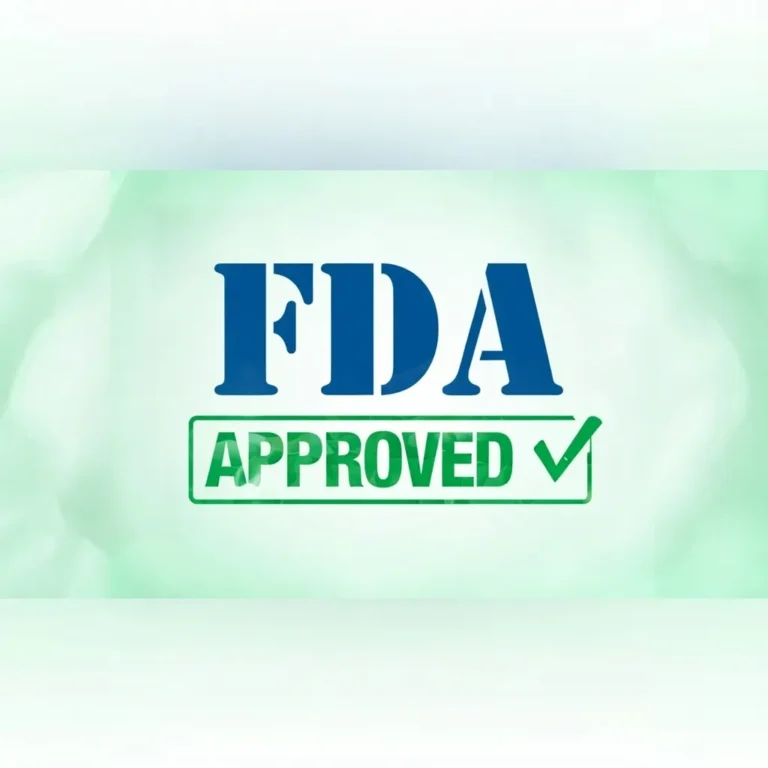
Celltrion Unveils Positive Phase III Results of CT-P47 Biosimilar for Rheumatoid Arthritis at EULAR 2024
Celltrion has revealed encouraging findings from its Phase III study of CT-P47, a biosimilar referencing RoActemra® (tocilizumab), presented at the Annual European Congress of Rheumatology (EULAR) 2024. The study involved 471 patients with moderate-to-severe rheumatoid arthritis (RA), who were randomized to receive either CT-P47 or the reference tocilizumab every four weeks at an 8 mg/kg dose for the initial 20 weeks. Subsequently, patients on tocilizumab were re-randomized at week 24 to either continue with the reference product or switch to CT-P47 until week 48.
Key findings from the Phase III comparative trial demonstrated that CT-P47 exhibited equivalent efficacy and a comparable safety and immunogenicity profile to the reference tocilizumab. The primary endpoint, disease activity score 28 (DAS28) erythrocyte sedimentation rate (ESR) improvement at weeks 12 and 24, showed estimated differences of -0.01 and -0.1 respectively, with confidence intervals well within the pre-defined equivalence margins (95% CI: -0.26 to 0.24 at week 12; 90% CI: -0.30 to 0.10 at week 24). The study also highlighted similar mean serum concentrations up to week 32, incidence of treatment emergent adverse events, and anti-drug antibody positivity, affirming comparable pharmacokinetics, safety, and immunogenicity between CT-P47 and the reference product.
Dr. Josef S. Smolen, Emeritus Professor of Medicine at the Medical University of Vienna, Austria, commented, “Biosimilars like CT-P47 offer an opportunity to address medical needs by enhancing access to high-quality biologic medicines. The positive Phase III results support the biosimilarity of CT-P47 to tocilizumab, with clinical evidence supporting the potential for patients to switch from the reference product.”
Additionally, a Phase I/III study assessed the pharmacokinetic similarity between the CT-P47 autoinjector (AI) and pre-filled syringe (PFS), along with the usability of the AI. The study demonstrated PK similarity between the CT-P47 AI and PFS in healthy subjects, with RA patients showing improved usability with the AI. The CT-P47 AI was well tolerated, with no new safety concerns identified.
Taehun Ha, Vice President and Head of Europe Division at Celltrion, noted, “The availability of CT-P47, particularly through an autoinjector, provides a practical alternative to prefilled syringes in clinical settings, potentially enhancing treatment adherence. Biosimilars like CT-P47 contribute to healthcare sustainability by reducing costs and expanding patient access to biologics.”
Celltrion remains committed to expanding its biosimilars portfolio in immunology, aiming to improve patient outcomes and healthcare system sustainability while offering increased therapeutic options for physicians and patients alike.





